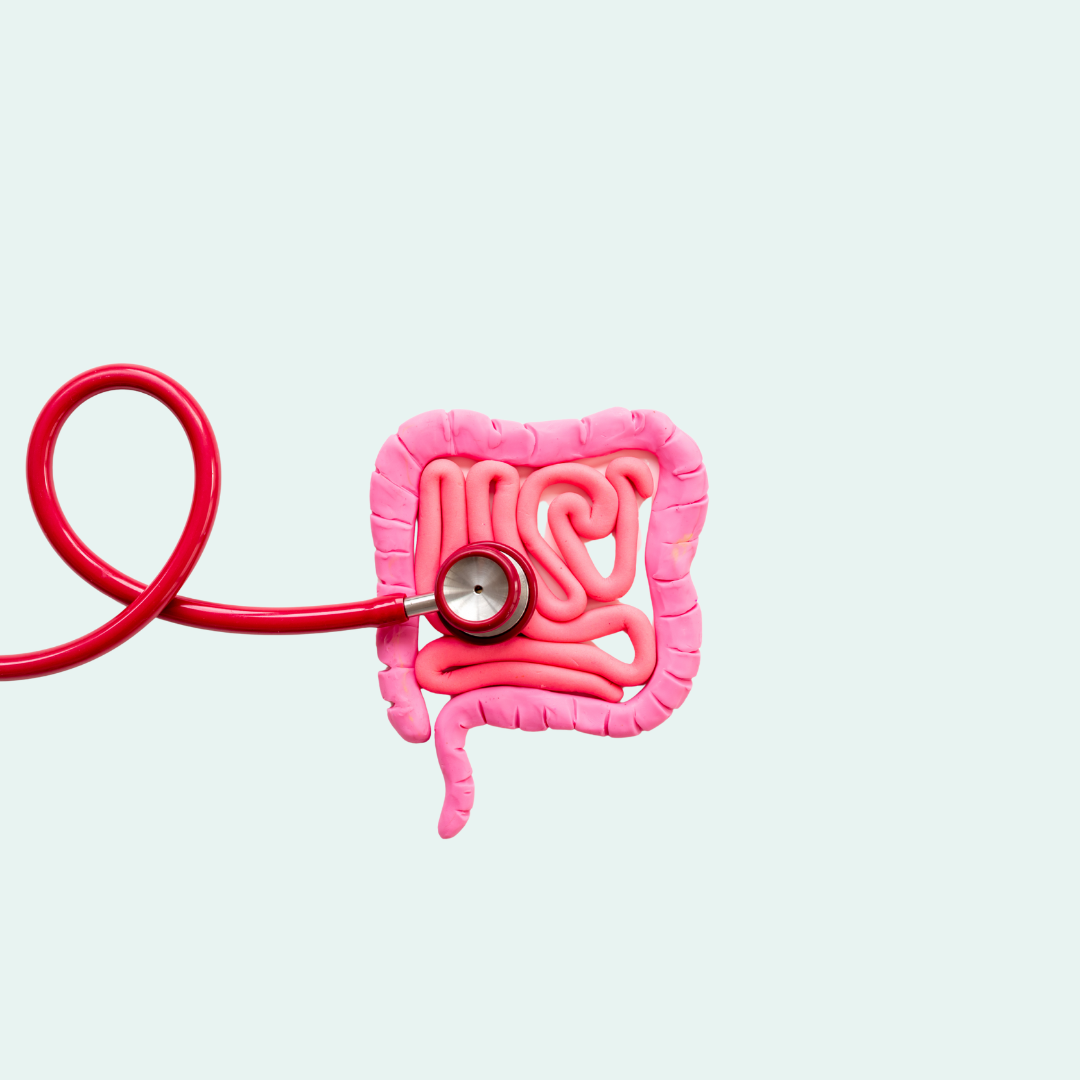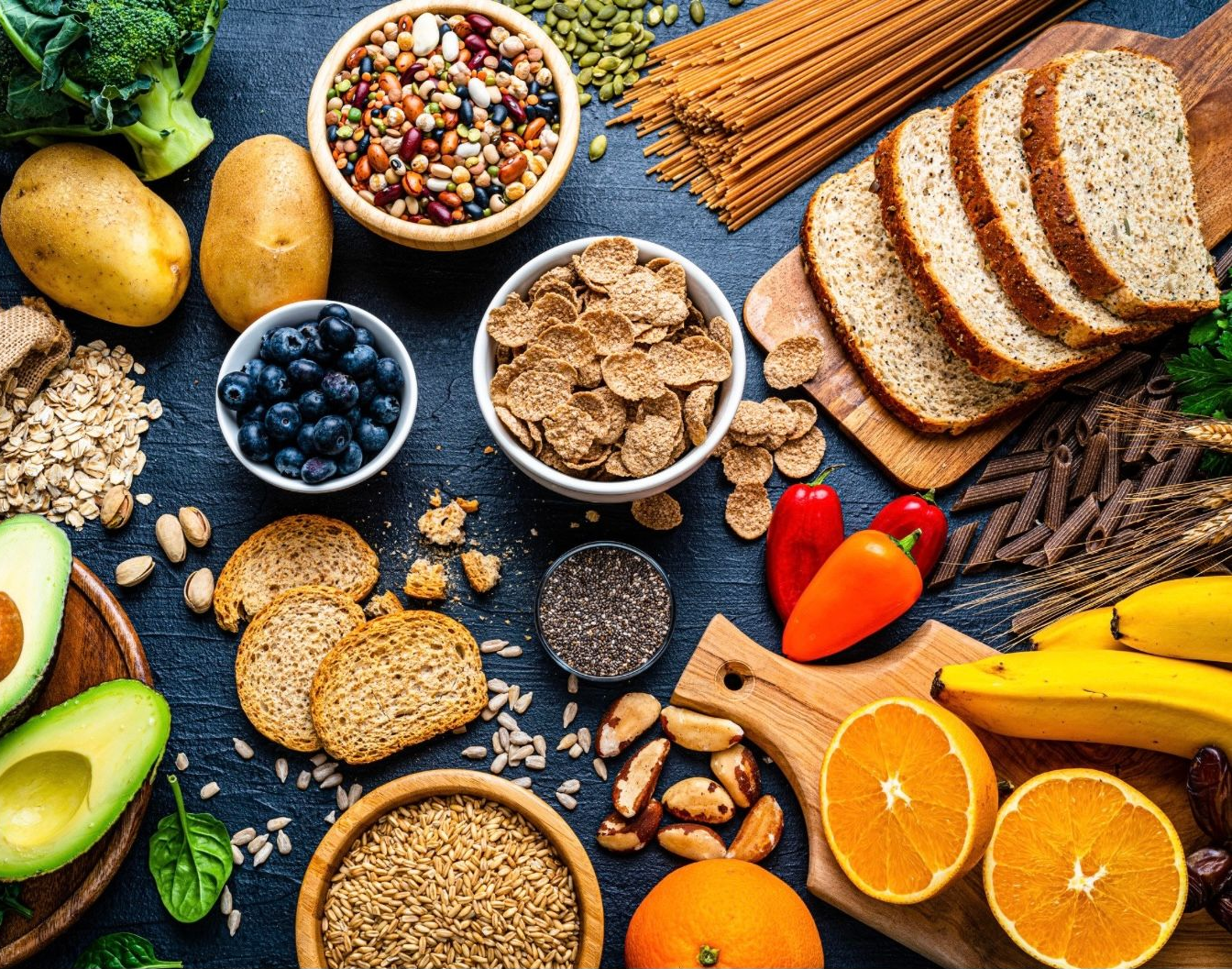Confused about what supplements to take? Concerned about safety? Are the same supplements helpful for prevention also safe during infection?
First off, let’s keep in mind that COVID-19 is a new strain of an existing virus type so we don’t have solid clinical human trials to lean on. However, I also don’t think that means we should do nothing or write off all supplements as unnecessary and ineffective. We can use information we know about similar viruses, the immune system in general, and some limited in vitro evidence to proactively determine possible opportunities for additional immune support from supplements. We know that a dramatic increase in inflammatory chemicals called cytokines can contribute to a severe response to the virus. So let’s talk evidence as far as what’s working and what’s not prior to, and even during infection.
Supplements considered safe for prevention AND during infection:
- Zinc: based on limited evidence, it appears that zinc may inhibit viral entry into cells. A dose of 15-30mg per day is considered safe and adequate. Higher doses can be taken short-term for several weeks, but prolonged high doses can deplete copper levels.
- Vitamin C: Clinical trials have shown that Vitamin C can reduce the incidence of pneumonia, and may offer general immune support. Typical dosing in studies ranges from 500-3000mg per day. Note Vitamin C is water-soluble so the body cannot absorb large amounts at one time. It is suggested to spread out doses throughout the day.
- Garlic: has known antiviral properties and stimulates the immune system while reducing cytokine activation.
- Bioflavonoids: There was a very recent preliminary study indicating that certain plant compounds such as quercetin, have been shown to reduce inflammatory signaling associated with viral activation. More studies are needed, but in the meantime this brings me to an important point that while we seek to better understand which supplements might offer additional protection-- fruits and vegetables have always contained these powerful compounds!
Supplements potentially counter-productive during infection (but still helpful for prevention):
- Vitamin A: early studies show conflicting results regarding high doses of Vitamin A and its effect on COVID-19, so high and prolonged doses may not be helpful.
- Vitamin D: has always been a go-to in my nutritional toolbox because so many people are deficient and every organ in the body uses it. However, new evidence suggests that if COVID-19 is contracted then high doses of Vitamin D may hurt more than it helps. Therefore, consider a moderate dose of Vitamin D, such as 1000-2000 IU per day for prevention, and consider discontinuing in case of a positive COVID test.
- Elderberry: This is another one of my favorites that again appears to be helpful in prevention and early stages of virus infection, but not in the later stages, so consider that if any symptoms of infection occur.
- Echinacea: may stimulate the immune system in a way that activates cytokines.
- Again, these supplements can still be helpful for general cold and flu prevention, but because a person’s susceptibility to experiencing a cytokine storm is difficult to predict at this point, large doses and/or prolonged use may not be encouraged if infected with COVID-19.
My whole point in talking about this today is to bring attention to one very important pattern: notice anything in common with the first list? They are all found in food! So if you don’t have access to high-quality supplements or find this overwhelming, make sure you are at least consuming fruits and vegetables on a daily basis, at least 5 servings per day, but preferably 7-10. And on that note, I’d like to invite you to a free webinar beginning tomorrow, Wed March 25th to learn more specifically about Eating for Immunity. You can access it on the website under Services/Webinar Access Page. Join me and my new partner Sandy as she walks us through what foods to incorporate and what foods to avoid in order to best support our immune system for the weeks and months to come.
References:
1. Choe J-Y, et al. Quercetin and Ascorbic Acid Suppress Fructose-Induced NLRP3 Inflammasome Activation by Blocking Intracellular Shuttling of TXNIP in Human Macrophage Cell Lines. Inflammation. 2017;40(3):980.
2. Choe J-Y, et al. Quercetin and Ascorbic Acid Suppress Fructose-Induced NLRP3 Inflammasome Activation by Blocking Intracellular Shuttling of TXNIP in Human Macrophage Cell Lines. Inflammation. 2017;40(3):980. 19
3. Hemila, H. Vitamin C Supplementation and Respiratory Infections: A Systematic Review. Mil Med. 2004;169(11):90.
4. Antiviral Activity of Sambucus FormosanaNakai Ethanol Extract and Related Phenolic Acid Constituents Against Human Coronavirus NL63. Virus Res. 2019;273:197767.
5. Chen C, et al. Sambucus Nigra Extracts Inhibit Infectious Bronchitis Virus at an Early Point During Replication. BMC Vet Res. 2014:10:24.
6. Barak V, et al. The Effect of Sambucol, a Black Elderberry-Based, Natural Product, on the Production of Human Cytokines: I. Inflammatory Cytokines. Eur Cytokine Netw. 2001;12(2):290.
7. Ulbricht C, et al. An Evidence-Based Systematic Review of Elderberry and Elderflower (Sambucus nigra) by the Natural Standard Research Collaboration. J Dietary Suppl. 2014;11(1):80.
8. Burger RA, et al. Echinacea-induced Cytokine Production by Human Macrophages. Int J Immunopharmacol. 1997;19(7):371.
9. Senchina DS, et al. Human Blood Mononuclear Cell in Vitro Cytokine Response Before and After Two Different Strenuous Exercise Bouts in the Presence of Bloodroot and Echinacea Extracts. Blood Cells Mol Dis. 2009;43(3):298.
10. Verway M, et al. Vitamin D Induces interleukin-1β Expression: Paracrine Macrophage Epithelial Signaling Controls M. Tuberculosis Infection. PLoS Pathog. 2013;9(6):e1003407.
11. Arreola R, et al. Immunodulation and Anti-Inflammatory Effects of Garlic Compounds. J Immunol Res. 2015;2015:401630.
12. Micek J, et al. Quercetin and Its Anti-Allergic Immune Response. Molecules. 2016;21(5):623.
13. Ulbricht C, et al. An Evidence-Based Systematic Review of Elderberry and Elderflower (Sambucus Nigra) by the Natural Standard Research Collaboration. J Diet Suppl. 2014;11(1):80.
14.Han Y-S, et al. Papain-like Protease 2 (PLP2) From Severe Acute Respiratory Syndrome Coronavirus (SARS-CoV): Expression, Purification, Characterization, and Inhibition. Biochemistry. 2005;44(30):10349.
15. Farhangi MA, et al. Vitamin A Supplementation and Serum Th1- And Th2-associated Cytokine Response in Women. J Am Coll Nutr. 2013;32(4):280.
16. Penniston KL and Tanumihardjo SA. The acute and chronic toxic effects of vitamin A. Am J Clin Nutr. 2006; 83(23):191.
17.Choe J-Y, et al. Quercetin and Ascorbic Acid Suppress Fructose-Induced NLRP3 Inflammasome Activation by Blocking Intracellular Shuttling of TXNIP in Human Macrophage Cell Lines. Inflammation. 2017;40(3):980.
Recent Blog Posts
Share this post!
About the Author
Rhya Pachin is a licensed dietitian nutritionist who employs an "integrative" approach to support overall health rather than addressing just one symptom. As a certified LEAP therapist, she designs and supervises custom elimination diets. Her focus areas include gastrointestinal conditions like IBS and IBD, autoimmune diseases such as rheumatoid arthritis and Hashimoto's, persistent weight issues, food sensitivities, and chronic inflammatory conditions in both adults and children.





